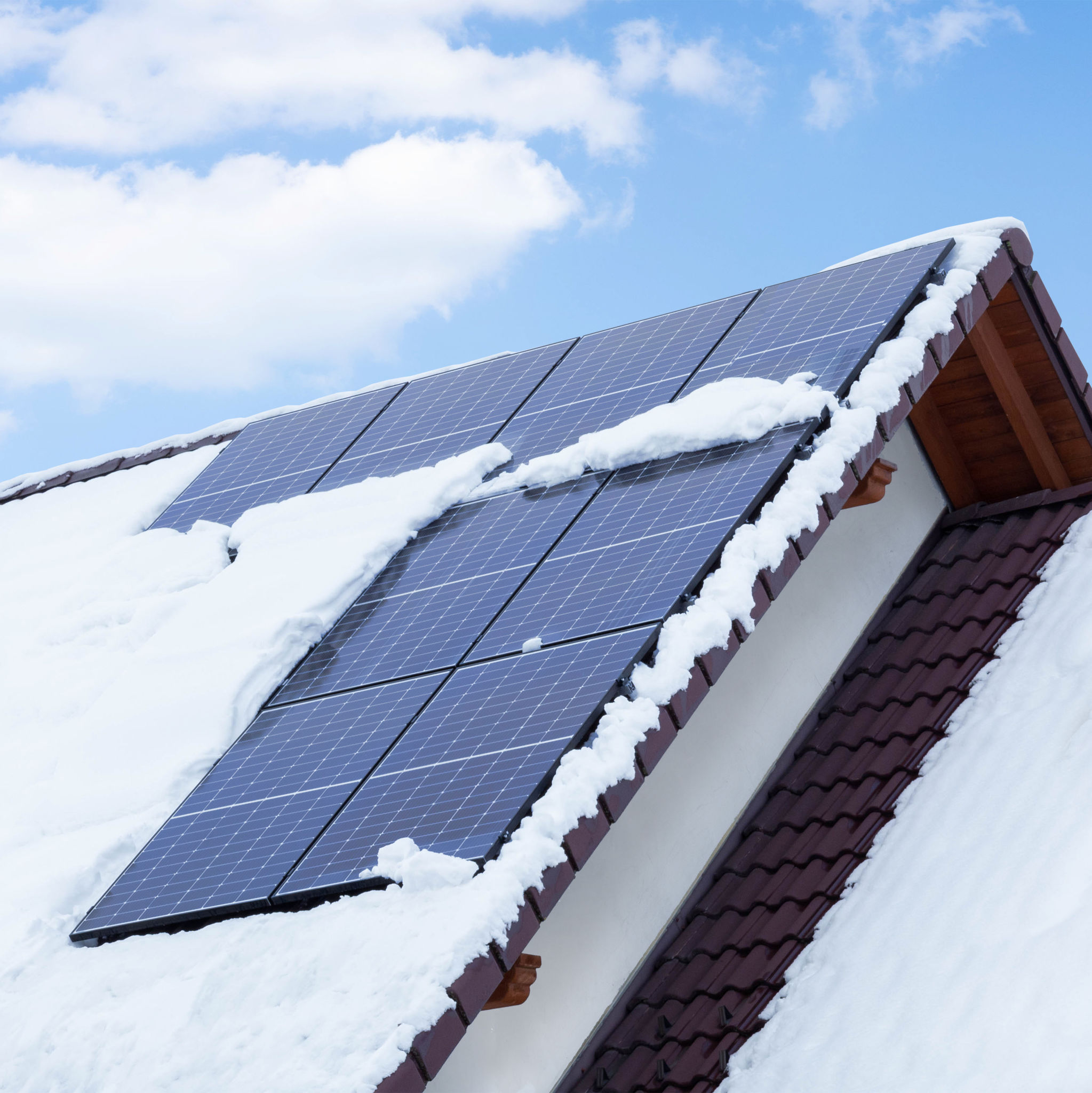Preparing Your Gwalior Home for Solar Installation: Seasonal Considerations
Understanding the Climate of Gwalior
Gwalior, located in the heart of India, experiences a typical subtropical climate with distinct seasons. This includes scorching summers, a monsoon season, and relatively mild winters. When planning to install solar panels, it's essential to consider how these seasonal variations can impact both the installation process and the efficiency of your solar system.
The summer months, from March to June, are characterized by high temperatures and abundant sunshine. This period is ideal for generating maximum solar energy. However, the intense heat can pose challenges during installation, as it may require special precautions to ensure the safety of workers and the integrity of the equipment.

Summer Installation Considerations
During the summer, it's crucial to schedule installations during cooler parts of the day, such as early mornings or late afternoons. This not only ensures the safety of the installation crew but also helps prevent overheating of sensitive equipment. Additionally, keeping the work area well-ventilated and shaded can mitigate the effects of extreme heat.
Another consideration during summer is the potential for dust accumulation on solar panels. Regular cleaning and maintenance are necessary to ensure optimal performance. Installing panels at a slight angle can help minimize dust buildup by allowing rainwater to naturally rinse off debris.
Monsoon Challenges and Solutions
The monsoon season in Gwalior typically runs from July to September, bringing heavy rains and overcast skies. While this can lead to a temporary dip in solar energy production, it also offers an opportunity for natural cleaning of solar panels. However, it's important to ensure that your roof and mounting structures are sturdy enough to withstand heavy rains and winds.

To mitigate potential water damage, make sure that all wiring and connections are waterproofed. This ensures that your solar system remains functional and safe throughout the rainy season. It's also advisable to conduct regular inspections to check for any signs of water ingress or damage.
Optimizing for Winter Efficiency
Winters in Gwalior are mild compared to many other regions, but they still pose unique challenges for solar installations. From October to February, shorter days and lower sun angles mean reduced sunlight exposure. To maximize efficiency, consider adjusting the tilt angle of your solar panels to capture more sunlight during these months.
In addition to adjusting tilt angles, trimming any nearby trees or vegetation that may cast shadows on your panels is a good practice. This ensures that your solar system receives maximum sunlight throughout the day, even during shorter winter days.

Year-Round Maintenance Tips
No matter the season, regular maintenance is key to ensuring that your solar system operates at peak efficiency. This includes cleaning panels to remove dust and debris, inspecting wiring for any signs of wear or damage, and checking structural components for stability.
Consider setting up a maintenance schedule that includes seasonal inspections and cleanings. This proactive approach not only extends the lifespan of your solar system but also ensures consistent energy production in every season.
Final Thoughts
Preparing your Gwalior home for solar installation involves understanding the unique climate challenges and opportunities that each season presents. By considering these factors and implementing strategic measures, you can ensure that your solar system operates efficiently year-round, providing clean and sustainable energy for your home.
As you embark on this green journey, remember that thoughtful planning and regular maintenance are key elements in maximizing the benefits of your solar investment. With proper preparation, you'll be well-equipped to harness the power of the sun in any season.
